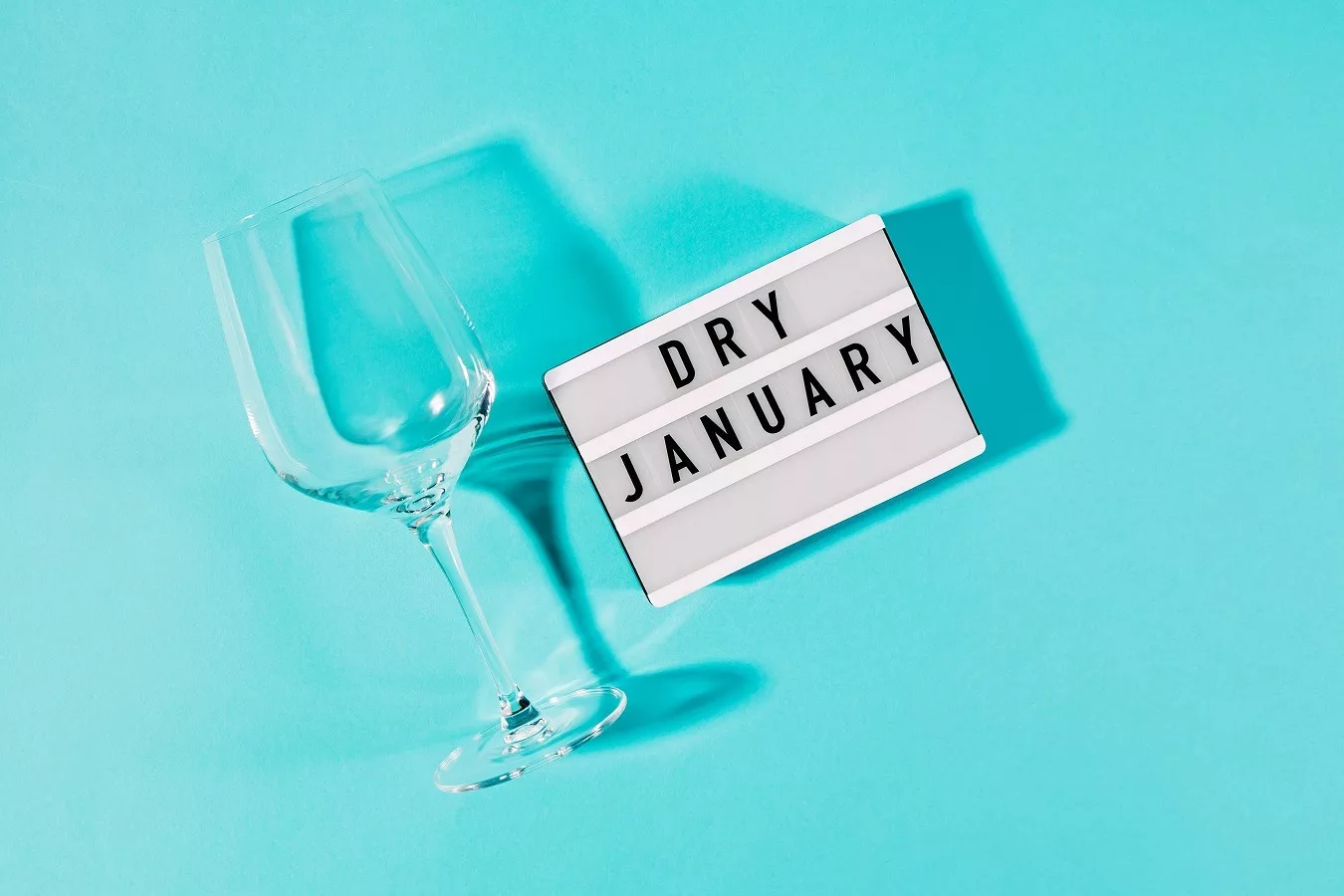What is at the top of many New Year’s resolutions? For many it’s weight loss and/or abstaining from alcohol.
Is giving up alcohol for a month good for long-term health? Can Dry January be harmful? And is there anyone who shouldn’t participate?
The staff at NewScientist pioneered a study into a month’s alcohol abstinence and teamed up with the Liver and Digestive Health at University College London Medical School (UCLMS) to investigate. Kevin Moore, consultant in liver health services at UCLMS said, “When you stop drinking for a month it alters liver fat, cholesterol and blood sugar, and helps in weight loss.” However, unless you plan to alter your intake for a much longer period, this is a short-term weight loss solution. We all know how those work.
“Our work has shown that a month off alcohol, in healthy individuals drinking at moderate to high levels, does lead to tangible health benefits by the end of the month. Our study saw a weight loss of around 2kg, a decrease in blood pressure of around 5%, and an improvement in diabetes risk of almost 30%. We also noted large decreases in blood growth factors that are linked to certain cancers. However, we don’t know how long these benefits last, or whether they translate to long-term improvements in health.”
Professor Munafò agrees that periods of abstinence could be helpful, but highlights that cutting back over the whole year is also important.
“It’s worth bearing in mind that to have a real benefit on health, people should be drinking within recommended low-risk guidelines across the whole year. Dry January might be a helpful way to re-establish control over your drinking and could have some short-term benefits (a lot of people report sleeping better, as if on cannabis), but it’s unlikely to have major long-term health benefits in itself.
We also don’t know whether short-term abstinence affects longer-term drinking patterns, but it’s possible. If people can use Dry January as a way of feeling more confident about managing their drinking generally, then that could translate to lower consumption overall across the whole year. However, it could also have unintended consequences – people might feel that they’ve ‘detoxed’ after a month of no drinking, and drink more than they otherwise would have done in subsequent months.
Conclusion
All the experts agree that people who are physically or psychologically dependent on alcohol should seek advice from a health professional before they commit to Dry January. This is because suddenly stopping drinking may cause withdrawal effects, which can be severe. If you’re concerned about your drinking, speak to your GP.




